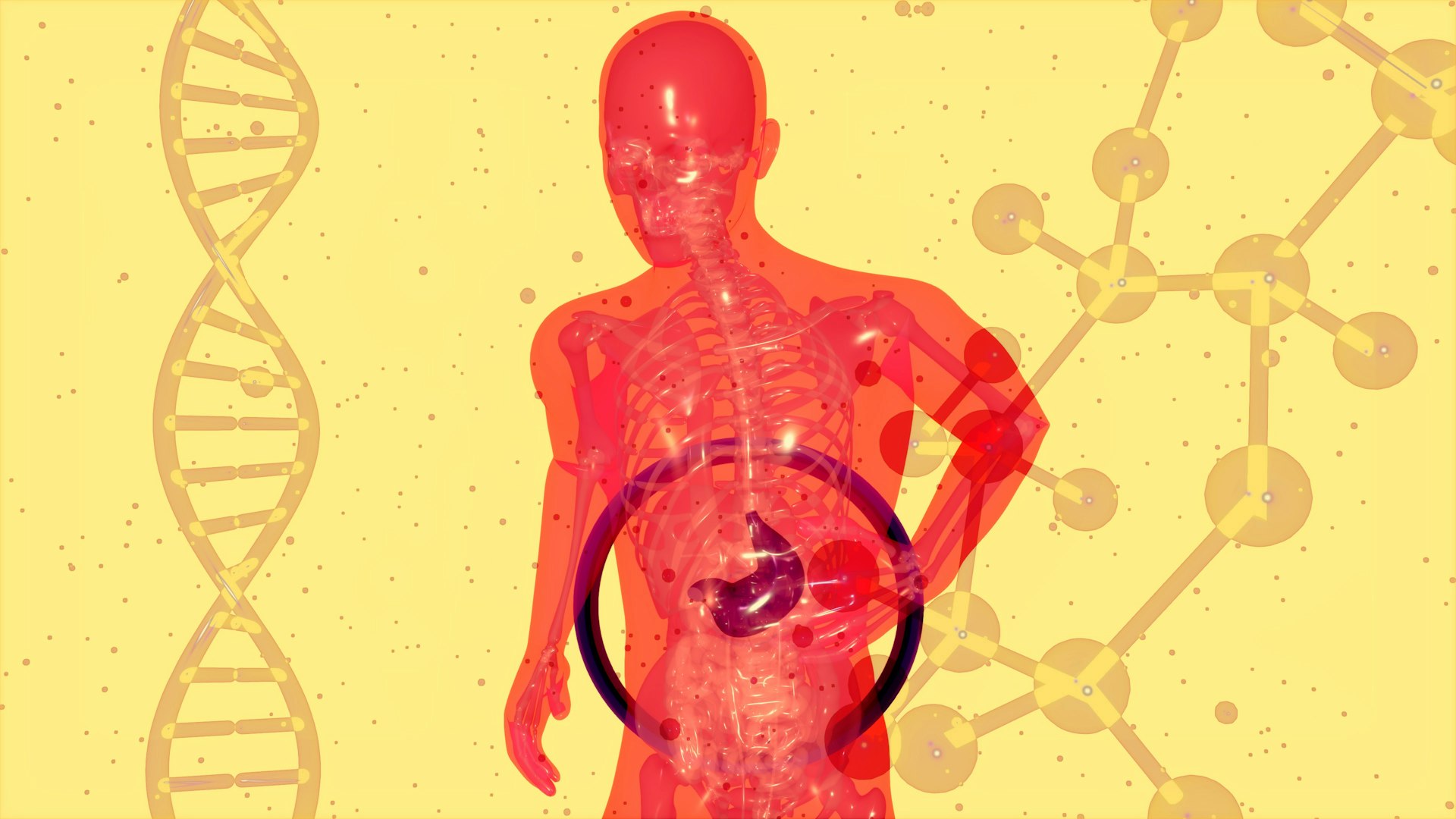Unlocking Digestive Wellness: The Transformative Benefits of Mindful Eating

Photo by Frederick Medina on Unsplash
Introduction to Mindful Eating and Digestive Health
Mindful eating is a practice that encourages individuals to pay close attention to their eating experience, focusing on the sensory qualities of food and the body’s hunger and fullness cues. This approach does more than simply enhance enjoyment of meals; it can have a profound impact on digestive health. By slowing down, reducing stress, and fostering greater awareness, mindful eating may help optimize how your body processes and absorbs nutrients, relieve digestive discomfort, and support long-term well-being [1] [2] [3] .
How Mindful Eating Supports Digestion
The digestive process is closely linked to the body’s stress response and mental state. When you eat in a relaxed, attentive manner, your body is more likely to be in a parasympathetic, or “rest-and-digest,” mode. This physiological state supports the release of digestive enzymes, optimal gut motility, and efficient nutrient absorption. In contrast, eating while distracted or stressed can trigger the sympathetic, or “fight-or-flight,” response, which may hamper digestion and contribute to symptoms like bloating, acid reflux, or irritable bowel syndrome (IBS) [2] [3] .
Mindful eating also activates the cephalic phase of digestion-the body’s anticipatory response to food that begins when you see, smell, or think about your meal. This phase can account for 30-40% of the digestive response, preparing the stomach and intestines for efficient breakdown and absorption of nutrients. Skipping or rushing through this stage by eating mindlessly can reduce digestive efficiency and contribute to discomfort [4] .
Key Benefits of Mindful Eating for Digestive Wellness
1. Enhanced Nutrient Absorption and Reduced Discomfort
Chewing food thoroughly and eating at a slower pace gives digestive enzymes more time to break down food, supporting optimal absorption and reducing issues like bloating or indigestion. Many individuals report a decrease in symptoms such as heartburn and abdominal pain after adopting mindful eating habits [1] [3] .
2. Regulation of Appetite and Prevention of Overeating
Mindful eating encourages you to tune in to your body’s hunger and fullness signals. This awareness can help you avoid overeating, which reduces strain on the digestive system and can lead to more comfortable, efficient digestion. Over time, this practice may support weight maintenance and healthier eating patterns [1] [5] .
3. Stress Reduction and Gut Health
Mindfulness practices, including mindful eating, are effective tools for managing stress. Since chronic stress can negatively impact gut health and disrupt normal digestive processes, learning to eat in a calm and centered way can help restore balance in the digestive tract and promote overall gastrointestinal health [2] [3] .
4. Improved Relationship with Food
Mindful eating fosters a healthier emotional relationship with food, potentially reducing anxiety, guilt, or shame related to eating. This supportive mindset can make mealtimes more satisfying and decrease the likelihood of digestive upset triggered by emotional stressors [1] .
Getting Started: Practical Steps for Mindful Eating
To begin reaping the digestive benefits of mindful eating, consider the following steps:
- Set aside distractions: Commit to one meal a day without screens or multitasking. Focus your attention fully on the eating experience [1] .
- Pause before eating: Take a few deep breaths before your first bite. This helps activate your body’s relaxation response and primes your digestive system [4] .
- Chew thoroughly: Try the “20-chew rule” for your first few bites. Notice the flavors and textures, and swallow completely before taking the next bite [1] .
- Check in with your body: Periodically assess your hunger and fullness cues throughout the meal. Adjust your pace or portion size as needed [5] .
Real-World Examples and Case Studies
Numerous individuals have experienced improved digestion and reduced gastrointestinal symptoms after integrating mindful eating into their routines. For example, a person struggling with frequent bloating and discomfort found that by setting aside 15 minutes for each meal, chewing more slowly, and eliminating distractions, symptoms gradually improved over several weeks. In clinical settings, healthcare practitioners report that patients with IBS or acid reflux often notice fewer flare-ups after adopting mindful eating habits [2] .
Some mindfulness-based programs and apps, like The Mindfulness App, offer guided meditations and practical exercises to help users build these habits. These resources may support the transition from mindless to mindful eating, especially for those who find it challenging to break old habits [1] .
Potential Challenges and Solutions
Adopting mindful eating can feel unfamiliar at first, especially in fast-paced environments or when emotional eating is a concern. Common challenges include:
- Difficulty slowing down due to time constraints or habits
- Persistent distractions from technology or social situations
- Emotional triggers related to food
To overcome these barriers, start small by dedicating just one meal per day to mindful eating. Use reminders or mindfulness apps to prompt you. If emotional eating is an issue, consider seeking support from a registered dietitian or therapist with experience in mindfulness-based approaches. Remember, it typically takes 4-8 weeks for new habits to become natural, so patience and consistency are key [1] .
Alternative and Complementary Approaches
While mindful eating offers unique benefits, it can be combined with other strategies for digestive wellness. These may include:
- Maintaining a balanced diet rich in fiber, whole grains, and fermented foods
- Staying hydrated throughout the day
- Engaging in regular physical activity
- Practicing other stress-reduction techniques such as yoga or meditation
For additional support, consult a healthcare provider or registered dietitian, especially if you have underlying digestive conditions.
How to Access Resources and Support
To learn more or seek support for mindful eating and digestive health, you can:
- Contact a registered dietitian specializing in mindfulness and digestive disorders. Search for “mindful eating dietitian” through reputable directories such as the Academy of Nutrition and Dietetics.
- Explore mindfulness-based programs in your community, such as those offered by local hospitals or wellness centers.
- Consider mindfulness and meditation apps that offer guided practices for eating awareness.
- Speak with your primary care provider about referrals to specialists if you have chronic digestive issues.
When searching for resources, use terms like “mindful eating programs,” “digestive health workshops,” or “mindfulness for digestion.” Always verify the credentials of any professional or program you consider.
Summary: The Lasting Impact of Mindful Eating
Mindful eating is an accessible, evidence-based approach that can transform digestive health and enrich your relationship with food. By paying closer attention to your body’s signals, reducing mealtime stress, and savoring each bite, you may experience improved digestion, less discomfort, and greater satisfaction from meals. For those seeking to take the first step, starting small and building consistency over time will help make these benefits a lasting part of daily life.

Photo by Look Studio on Unsplash
References
- The Mindfulness App (2023). Ultimate Guide to Mindful Eating for Digestive Health.
- Cherpak, C. E. (2019). Mindful Eating: A Review Of How The Stress-Digestion-Mindfulness Triad May Modulate And Improve Gastrointestinal And Digestive Function. National Institutes of Health.
- Rupa Health (2022). The Science Behind Mindful Eating: How It Impacts Digestion and Overall Health.
- University of Minnesota (2021). Mindfulness Helps Us Digest-and Enjoy-Our Food.
- Clemson University (2022). Mindful Eating: How to Cultivate Awareness and Enjoyment in Every Bite.
MORE FROM weirdsearch.com













